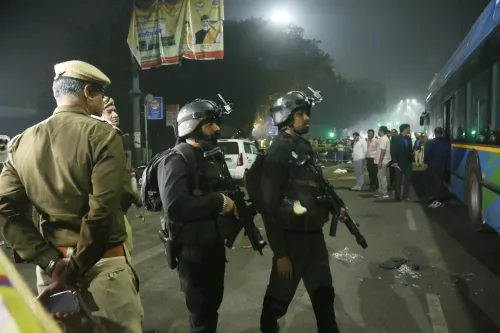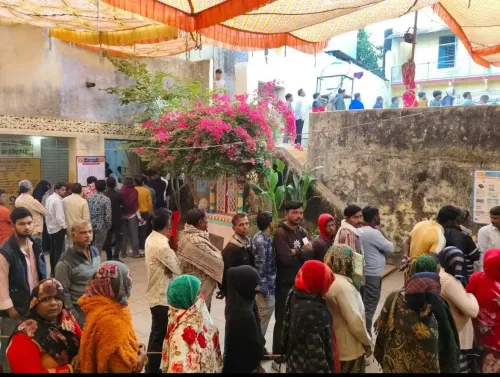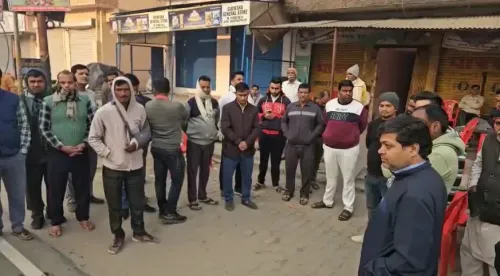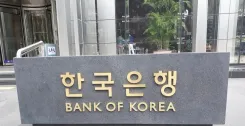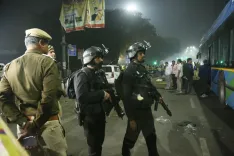Is there a need to investigate the Nehru family's links with China?
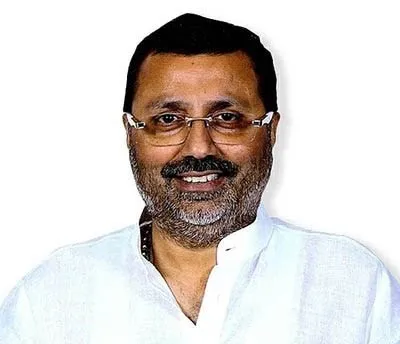
Synopsis
Key Takeaways
- Nishikant Dubey calls for an investigation into the Nehru family's alleged ties with China.
- The demand is based on declassified documents from the 1961 Belgrade Summit.
- Dubey questions the effectiveness of Nehru's non-alignment strategy.
- The Non-Aligned Movement aimed to keep nations independent from major power blocs.
- Criticism of the Nehru-Gandhi family's policies includes claims of favoring Pakistan.
New Delhi, June 9 (NationPress) In a pointed criticism of Congress leader Rahul Gandhi, BJP MP Nishikant Dubey has called for a formal inquiry into the purported historical connections between the Nehru-Gandhi family and China. This demand was sparked by revelations from declassified documents related to the 1961 Belgrade Summit of the Non-Aligned Movement (NAM).
In a vehement post on X this Monday, Dubey scrutinized the strategic choices made by India’s inaugural Prime Minister, Jawaharlal Nehru.
“Rahul Baba, are you aware that your family’s patriarch, Nehru ji, devised the new concept of non-alignment at the behest of China? Look at the nations represented at the first conference in Belgrade in 1961. After distancing India from both Russia and America, did any nation come to India’s aid during or after the 1962 war with China?” Dubey questioned.
He further asserted that the Non-Aligned Movement, which Nehru played a pivotal role in establishing, ultimately benefited China.
Invoking the 26th declaration of the Belgrade Summit, Dubey claimed the document showcased Nehru’s alignment with Beijing. “From Tibet to China, Panchsheel for China, and after designating China as a permanent member of the United Nations, this conference mandated the UN to acknowledge China as the sole representative state. By siding with China, did your family not impose the 1962 war on India?” he stated.
He then posed a direct inquiry to Congress leader Rahul Gandhi: “Should we investigate the relationship between China and the Nehru family?”
The Belgrade Summit, conducted in September 1961, marked the first formal assembly of the Non-Aligned Movement—an alliance of nations aspiring to remain neutral from both the Western and Soviet spheres during the Cold War. Under Nehru’s leadership, India was instrumental in shaping the movement’s principles and objectives.
Previously, Dubey accused the Nehru-Gandhi family of favoring Pakistan at the expense of India in relation to the Indus Waters Treaty (IWT). He highlighted India’s financial contributions to Pakistan under this treaty, implying that the Gandhi family's policies have been harmful to India’s interests.


